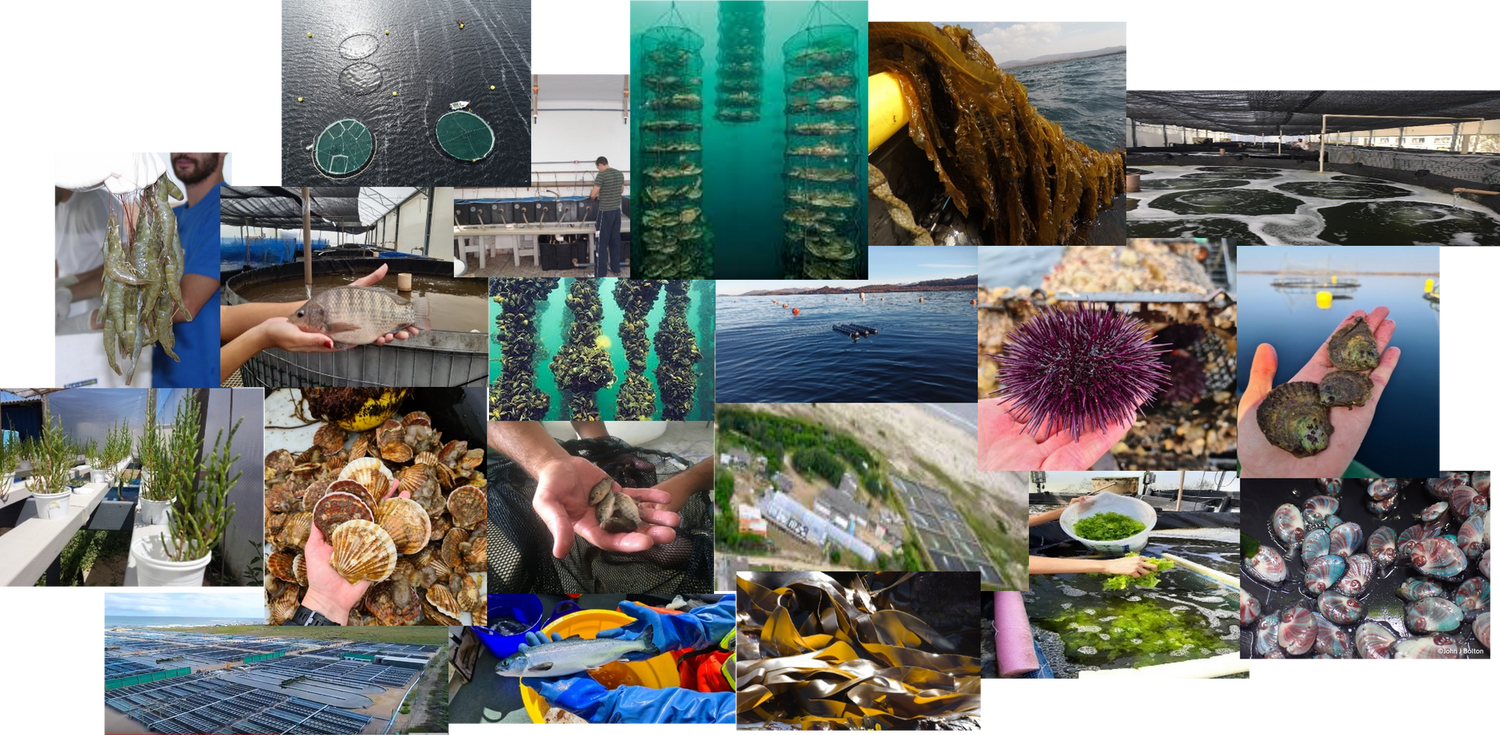By Elisa Ravagnan, ASTRAL Project Coordinator (NORCE)
ASTRAL is a HORIZON 2020 project financed under the Blue Growth programme (BG08 All-Atlantic Flagship Sub Call - new value chain for Atlantic aquaculture) and is led by the Norwegian Research Centre (NORCE).
The project contributes to the implementation of the Belém Statement and other trans-Atlantic agreements to develop a strategic partnership on marine research, and it will participate in building the All-Atlantic Ocean Research Community.
The main goal of the project is to increase value and sustainability for integrated multi-trophic aquaculture (IMTA) production by developing new, resilient, and profitable value chains.
In IMTA production, multiple aquatic species from different trophic levels are farmed together. Waste from one species is used as inputs (i.e. fertilisers and food) for another species. IMTA is, therefore, a circular system and the project will increase its use in support of zero-waste aquaculture systems and appropriate business models to increase profitability.
The IMTA concept has been implemented at four ‘labs’ in Scotland, South Africa, Brazil, and Ireland where fish, scallops, lobsters, oysters, urchins and seaweed are grown. A fifth prospective IMTA lab will also be assessed for future production in Argentina. Potential climate risks and emerging pollutants (microplastics, harmful algae blooms, pathogens) are assessed, together with the development of innovative technology to monitor the production and the interactions from/to the surrounding environment (specific sensors and biosensors, IoT and AI data analytics), with the final aim to provide monitoring recommendations to policymakers.
Sharing knowledge and developing capacity are among ASTRAL's priorities, as well as building a collaborative ecosystem along the Atlantic Ocean with industrial partners, SMEs, scientists, policymakers, social representatives, and other relevant stakeholders.
The consortium brings together a multidisciplinary team of experts from 16 partner organizations and 3 associated organizations spanning different sectors from research and technology, academia, SMEs, industrial clusters, intergovernmental organizations, and other relevant stakeholders from several countries along the Atlantic Ocean from 10 countries (Norway, Scotland, Ireland, France, Spain, Portugal, Nigeria, South Africa, Argentina and Brazil).
ASTRAL is delighted to be part of the BG-08 sister projects cluster. We look forward to continuing our cooperation with MISSION ATLANTIC.
To learn more about the project, please visit the ASTRAL project website, and follow us on Twitter, Facebook and LinkedIn.
